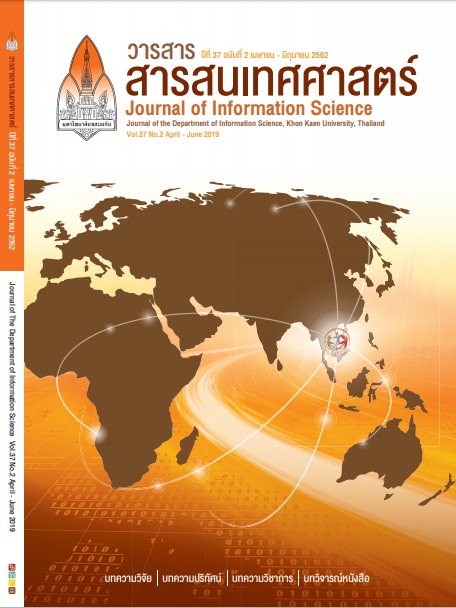Developing Guidelines for Anthropological Research Data Management on the Basis of Human Research Ethics
Keywords:
Research data management, Anthropologocal dataAbstract
This research aims to examine policies and practices regarding research data management in anthropological and related institutions and, as a result, develop guidelines for anthropological research data management. Due to certain characteristics of anthropological data—namely, that it involves the study of human beings and chiefly involves collection of data from human research participants—researchers managing anthropological data need to take into account ethical considerations such as cultural sensitivity, ownership, privacy, and so on. This research project is divided into two phases. In the first phase, analysis of policy documents from 30 institutions reveals that data management policy and ethical considerations have been treated separately. In the following phrase, the researchers then brought the analysis into the design of anthropological data guidelines in the context of the Sirindhorn Anthropology Centre. Under the guidelines, anthropological data management is categorized into four stages: (1) data management planning; (2) data collection and documentation; (3) data storage and preservation; and (4) data sharing and reuse. The outcomes of this study reflect the need for integrating research data management and the ethical principles of anthropological studies. In order to stimulate the development of strong data management practices, research data management should be laid out within the organizational policy of research governing and funding agencies, for example, and infrastructure and tools for research data management should be developed.








